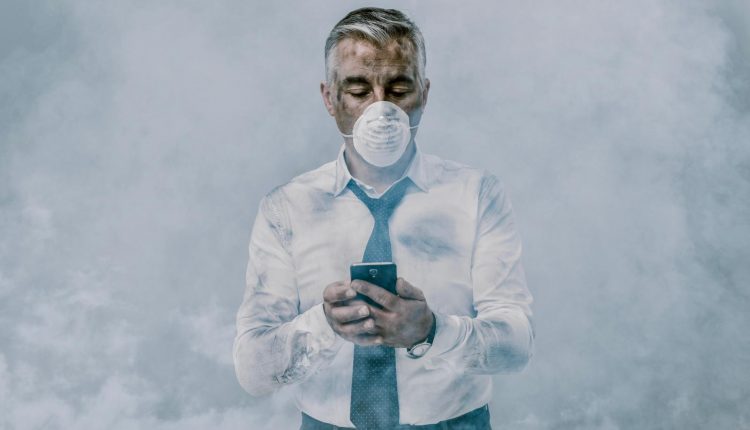
Pathogens Less Travelled—The Pursuit For Air Quality Improvement
The coronavirus pandemic has people worried about the safety and security of the air they breathe. Any contained environment could carry a heavy risk ranging from shopping malls, commercial offices and even industrial plants. This concern will propel the growth of the air quality control systems market. Furthermore, the rise in demand for air filtration systems from the growing medical and pharmaceutical industries is also driving the demand for global air quality control systems.
The growth in awareness about air pollutant impacts on health only boosts the popularity of these systems.
The University of Alberta is conducting a research project to help better understand air quality management and the spread of pathogens. The Alberta engineers are working in collaboration with the university’s faculty of medicine to better understand how viruses can travel through air currents. They want to come up with effective design upgrades or changes to standard heating, ventilation and air conditioning (HVAC) systems to foster guidelines that buildings across the country could adapt to.
The lead research professor, Lexuan Zhong told Global News, “It’s just as valuable as vaccine research. Improving ventilation systems in high-occupancy structures could be a critical way to contain the pandemic… This work has the potential to impact millions of people living and working in these buildings.”
A public company, Manganese X (TSXV: MN), recently announced they acquired a patent for a system and method of air quality disinfection, sterilization and deodorization through their subsidiary, Disruptive Battery Corp.— a company incorporated to acquire technology with a green and cleantech theme.
Numerous tests were conducted in the past using the system and it resulted in the decontamination of multiple apartment units. At the time, essential oil was used as a vaporizer and diffuser for the HVAC system.
Today, the company is exploring other options to create a proprietary “cocktail mix” that would be sanctioned for mainstream adoption.
Disruptive Battery will work in partnership with universities, chemical labs, and global HVAC companies and experts in the field of environmental science.
For environmental engineers, it is known that building ventilation systems are efficient disseminators of viruses and other pathogens. Disruptive Battery Corp. believes the application of this patent offers risk mitigation for air quality in a contained environment using those same ventilation systems for beneficial purposes. Further, this technology offers the potential for global scalability.
Manganese X Energy Corp. recently appointed Frank Haverkate to the advisory board of Disruptive Battery Corp. Frank Haverkate has over 20 years of experience in the indoor environmental and indoor air quality field. He has trained extensively in Europe, the United States and Canada, and is certified as a bau-biologist, certified industrial hygiene manager, council certified microbial consultant and ACAC certification course provider in bio-remediation. Mr. Haverkate specializes in airborne contaminants as well as how people interact with their indoor environment from a health and wellness point of view.
Mr. Haverkate shared his thoughts on air quality management, “This pandemic has forever changed the indoor air quality field. It has progressed from mechanical ventilation and airborne allergen filtration to airborne and topical disinfection due to viral threats like COVID-19. The 2020s will be all about neutralizing airborne and topical threats in the indoor environment.”



